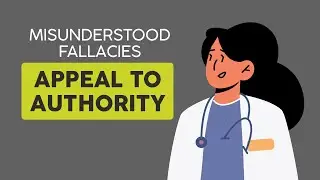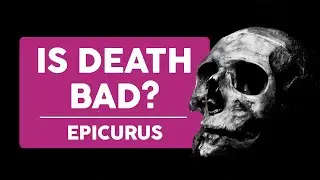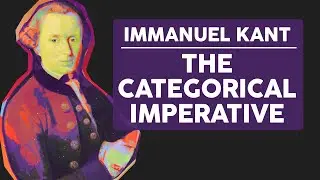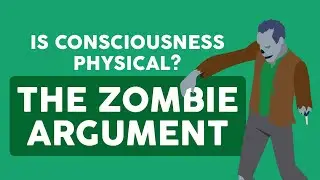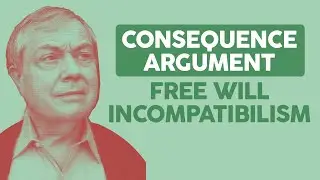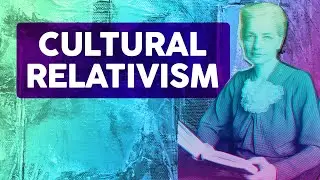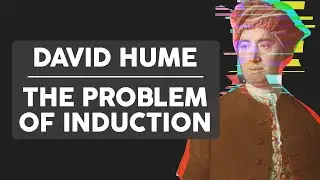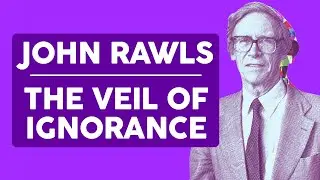Appeal to Authority (Misunderstood Fallacies)
NOTE:
The term "evidence" can be used in different ways. In this video, I use the term "evidence" in a probabilistic sense (often used in epistemology and Bayesian reasoning) where evidence for a claim is anything that increases the probability that the claim is true. In this sense, testimony can (but not always) be a defeasible form of evidence. In general, if someone is a reliable testifier and knowledgeable in a domain of knowledge, their testimony about that subject is a form evidence.
However, sometimes people use "evidence" strictly to mean direct empirical evidence. In that sense, testimony would not count as evidence.
VIDEO DESCRIPTION:
Understanding fallacies is important for critical thinking. The Appeal to Authority is an informal fallacy that involves inappropriately relying on an authority, particularly as a way to dismiss evidence. But when is it appropriate to use expert testimony? And when is it a fallacy? This video explains what the fallacy is, how it's misunderstood, and offers 4 points to differentiate legitimate uses of authority from fallacious ones.
Intro: (0:00)
What Are Fallacies?: (0:13)
Appeal to Authority: (0:44)
Misunderstanding: (1:47)
Questionable Examples: (2:29)
4 Questions to Keep in Mind: (3:35)
Conclusion: (5:29)
Stock Media Sources: FreePik (https://www.freepik.com) [including MacroVector], Pixabay (https://www.pexels.com), Pexels (https://www.pixabay.com),
Purple Planet (https://www.purple-planet.com), ZapSplat (https://www.zapsplat.com)










